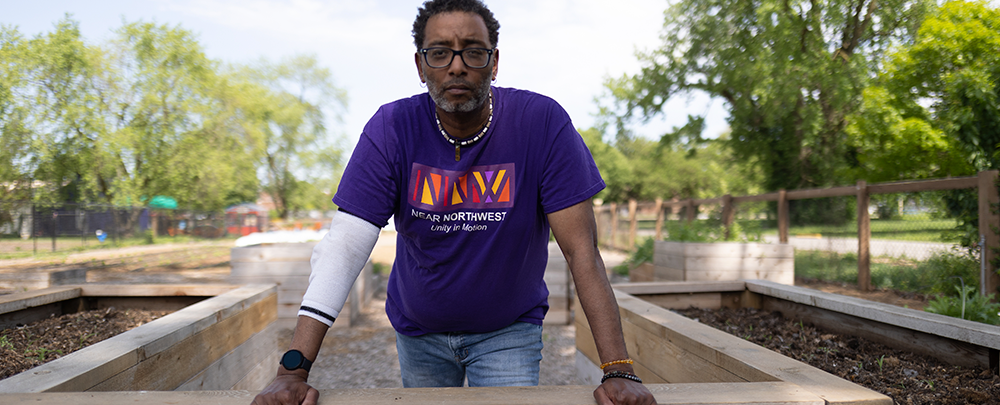Strengthening the Role of Community Health Workers to Address Social Determinants of Health
May 25, 2023 Posted by: Gregory Daniel, Ph.D.

At Lilly, we are dedicated to the discovery and development of innovative medicines to treat disease and improve health outcomes. But we also know that health outcomes are not only influenced by medical factors, but by the societal factors in which people are born and live. Known as social determinants of health (SDOH), these factors include income, education, employment, housing, and discrimination. In fact, in the United States, zip code is the single most powerful indicator of life expectancy and quality of life.1
The public health community is focused on addressing the impact of SDOH to give people living in vulnerable communities a better chance at a healthier life. At Lilly, we believe community health workers (CHWs) play an important – and overlooked – role to advance public health. As the name suggests, CHWs live in the communities they serve which gives them a unique vantage point to understand local resources and to build trust with residents. As such, they can be very effective at helping connect people with different community health care and housing services, adequate food, transportation to medical appointments and more.
Recognizing the impact CHWs can have, in 2018, Lilly, Indiana University Richard M. Fairbanks School of Public Health at IUPUI and several other local organizations launched the Diabetes Impact Project - Indianapolis Neighborhoods (DIP-IN). The program employs a holistic approach to diabetes prevention and control in three underserved communities in Lilly’s backyard. Residents and community health workers work together to reduce the burden of diabetes by supporting neighborhoods to create sustainable change that supports healthy living and works to reduce diabetes related complications.
Lilly committed an additional $5 million to DIP-IN in 2021 to further the impact of the program.
Unfortunately, CHWs are an under-appreciated and under-funded aspect of our public health system. To strengthen the role CHWs can play, Lilly recently convened the second “CHW Policy Forum” in Indianapolis. Building on the success of DIP-IN, the Policy Forum brought together health practitioners, CHWs, policy experts and advocates at the local, state, and national levels to set a policy agenda that would elevate and expand the role of CHWs beyond one disease area. The Forum determined the following priorities:
1) Securing sustainable reimbursement for CHWs to attract more people to the field and promote consistent support for the community.
2) Establishing long-term federal and state funding objectives that supports sustainable CHW programming and implementation.
3) Educating regional health systems about CHWs to better coordinate and integrate their efforts within health systems.
Lilly is continuing to work alongside members of the CHW Policy Forum to help create lasting solutions that will meaningfully address social determinants of health, so that everyone, regardless of zip code, can live a healthy life.
1. Weathers TD, Kiehl NT, Colbert J, Nowlin M, Comer K, Staten LK. Worlds Further Apart: The Widening Gap in Life Expectancy among Communities of the Indianapolis Metropolitan Area. August 2021.